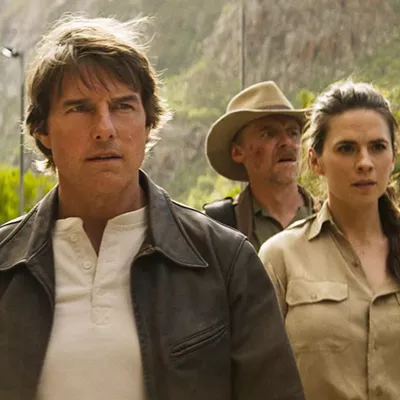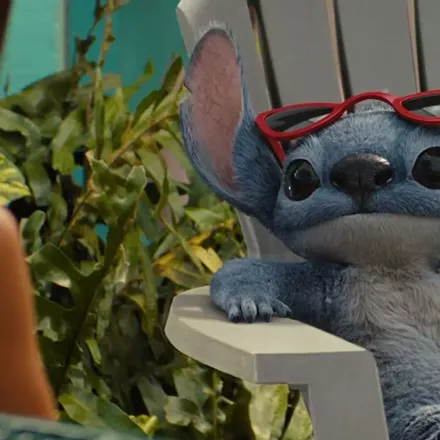Alas, the only mildly interesting aspect of Joker is the notion that it's so incendiary a depiction of a white man ignored by society who turns to violence that it could incite real-life violence by real-life white men who think they are being ignored by society. We could say that this is ironically appropriate, if unintentionally so. Or is it intentional? Did someone set out to make a movie that would serve as a call to arms for disaffected white men?
Whatever: This pathetically ineffectual movie can only wish to be so dangerous.
Joker is faux Scorsese. It is ersatz Christopher Nolan. It is not fit to lick the boots of either Taxi Driver or The Dark Knight, though the height of its ambition would appear to be its desperation to do so. This is a movie so dull, so obvious, that that is the most criminal thing about its portrait of a man "driven" to criminality by society.
Are you sad? Are you lonely? Is your life not what you'd hoped it would be? Welcome to humanity. Deal with it.
Director and co-writer Todd Phillips is a filmmaker whose entire "oeuvre" (I use the word loosely) has been about celebrating white-male inadequacy, about white men somehow getting away with skating through life thoroughly unengaged in anything beyond partying (see his Hangover movies), or humiliating white men who try to grow up (see his appalling Due Date). Now, Phillips is attempting to be "serious" by removing all the plausibility-denying fantasy from a comic book villain by making a movie about him that is "realistic" and "gritty" or whatever-the-hell he thinks gives him cover for indulging male rage as a reasonable response to an unreasonable world.
In a visually washed-out retro Gotham featuring overtures of late '70s/early '80s New York City — there's a strike by sanitation workers that is causing black bags of garbage to disgustingly pile up on city streets, which actually happened in the Big Apple in 1977 and 1981 — Arthur Fleck (Joaquin Phoenix) is a failed stand-up comic, on-call clown for streetside promotions and children's-ward hospital visits, and... that's it. He has nothing else and doesn't seem to be trying to have anything else, but he's also not happy with this. He cares for his not-at-all-well mother (Frances Conroy) and fantasizes about his neighbor (Zazie Beetz), as if caring for blood relatives and dreaming of getting it on with people out of our league is not reality for the vast majority of the human race.
Arthur has not been granted fame and fortune on a platter without having to do the work to earn it, though he fantasizes about that, too, via a late-night TV talk show hosted by Robert De Niro's Murray Franklin. Arthur likes to dream that Franklin's show will see Arthur's alleged comedic genius. De Niro's presence here might be the most inexplicable aspect of this damn movie. I am a huge De Niro fan, but he is bizarrely miscast: He simply does not have the charming, relaxing personality that America wants to drift-off-to-sleep-with-the-TV-on-in-the-background to. This casting is likely meant to be a nod to De Niro's King of Comedy turn, but even that suggests a willful misreading of The King of Comedy and of De Niro's entire cinematic history.
The real world of 2019 handed Phillips a platter of easy pickings: income inequality (billionaire Thomas Wayne, i.e., Batman's dad, is the ostensible villain here); the collapse of social services (the safety net that helps Arthur deal with his mental illness is cut); even the not-so-quiet rage of pathetically ineffectual men threatening to boil over into civil unrest. And Joker does not one thing interesting or engaging with it. It pushes no envelopes. It is not edgy in any respect. It is just... here, assuming that its mere existence is reason to applaud.
It is not. ♦






















